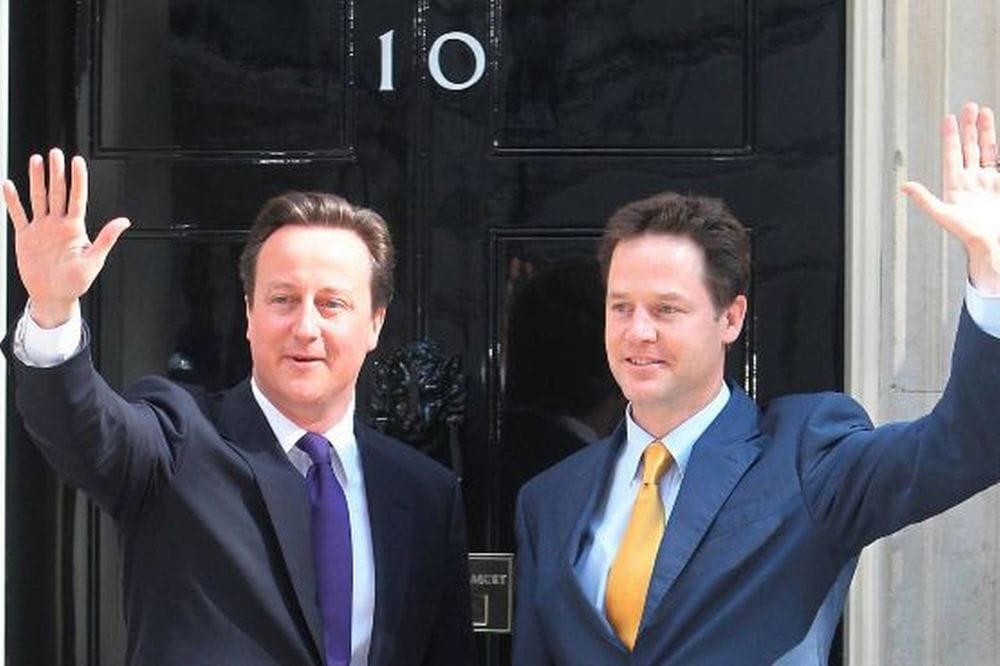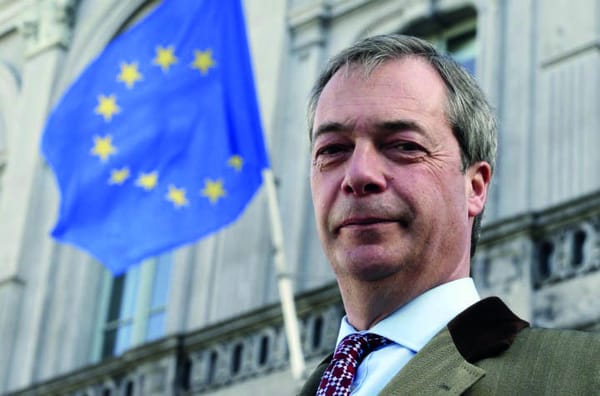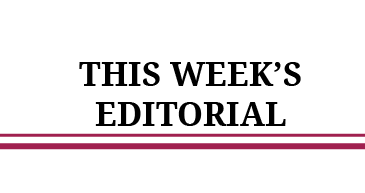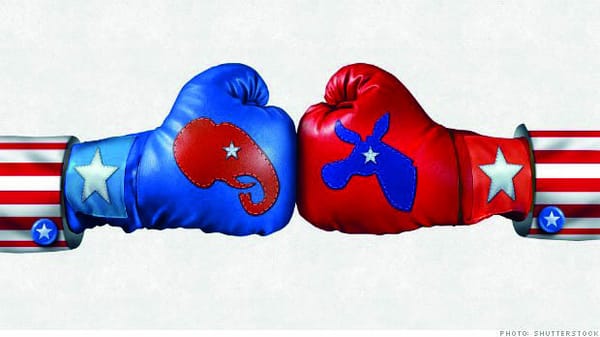The diversity of opinion that shapes elections
Samuel Bodansky discusses the issues in the 2015 elections

In the 2015 election, one of the largest issues will be the size of the Government. People are asking questions, such as “what should the Government provide?”, and “how much control should the Government have in our lives?”. These questions split the political parties, with Conservatives generally in favour of having a smaller Government, and Labour in favour of a larger one. Parties have a spectrum of answers to this question.
As economists, however, should we even attempt to answer these questions? Economists often debate whether economics is normative or positive. Positive economists argue that values are irrelevant in discussion of economics, whereas normative economists argue for value judgements on important economic issues. Often someone will assert “growth is good” or “unemployment is bad” without questioning it. In reality, economic issues have pros and cons, and affect some positively and others negatively. In political economics especially, no answer is straightforward.
For positive economists, there is no distinction between values and truth. The correct size of the government is a question with a correct answer, just like there are correct answers to scientific questions. These answers can be found using the tools of political economics; economics becomes almost scientific. A positive statement might be: “Sweden has a higher level of taxation than the USA”.
By contrast normative economists focus on ideas like justice and fairness and ask what government policy ought to be. For example, a normative economist may say: “the Government needs to raise benefits because the poorest people need higher living standards”.
Politicians often evaluate economic policy in terms of macroeconomic objectives. These objectives might not be in the speeches of some party leaders, but they are important. These objectives are: growth, unemployment, inflation and the balance of trade. One way to measure government efficacy is whether the government has used economic policy efficiently to fulfil these objectives.
Economists often talk of real GDP per capita. This is simply the total amount of UK goods and services per person, after factoring in inflation. Growth is simply the percentage increase in this quantity per year, and is a key indicator of a country’s economic performance. Currently, UK growth is 0.8% for the past three months, or an average of 3.2% this year. The government does not set a specific target for growth, but 2.5% is considered to be a sustainable level.
After the recession (half a year of negative growth) during the tenure of the previous government, this could be considered a success for the coalition. However, all economic arguments have counterpoints and caveats: many people question the way the economy has grown. Has this growth come with high prices and unbearable living costs? Is the growth environmentally sustainable? Some say that this growth has merely benefitted the richest in the economy, as the rich get richer and the poor get poorer. Does growth justify inequality? These questions are debatable, and this debate forms the diversity of opinions that will shape the next election.









